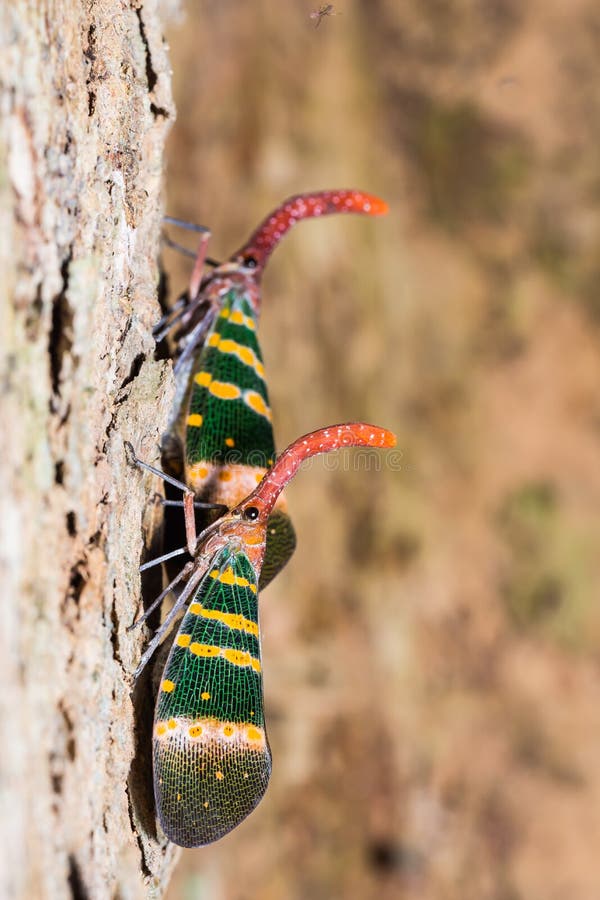

Are spotted lanternflies toxic to wildlife? If your pet continues to exhibit symptoms like vomiting, loss of appetite, or drooling, this could be a sign of a larger problem or illness with your pet other than just spotted lanternfly consumption.Ħ. Monitor your pet’s behavior and always consult your veterinarian for advice and treatment if necessary. What should I do if my pet eats a spotted lanternfly? You can let your pets play with them or squish them, but avoid having them lick or ingest lanternflies for their safety and general health.ĥ.

It is recommended to not have your pet eat lanternflies because it is not a part of their regular diet. Can they keep eating them?įirst, always consult your veterinarian for advice. My pet likes to eat spotted lanternflies and has never gotten sick from them. Veterinarians have only reported upset stomachs, drooling, or loss of appetite from eating lanternflies.Ĥ. To date, there is no evidence that spotted lanternflies have caused seizures in pets or blisters on pet’s paws. While the chance of insecticide exposure is extremely low, make sure to keep your pets away from areas that have been sprayed with insecticides.ģ. Does eating spotted lanternflies cause seizures in pets or can stepping on stopped lanternflies give my pet blisters? Insecticides are being used for spotted lanternflies. However, it is important to note that there is not a consensus in the scientific community about toxin sequestration in lanternflies and more research is being conducted to support or refute this claim.ī. Another researcher who studied spotted lanternfly host species suggested that lanternflies have an affinity towards plants with toxic metabolites like ailanthone and might be able to sequester other toxic compounds (Barringer and Ciafré, 2020). Think of this like the poisonous monarch butterfly which gets its toxins from feeding on milkweed. The researchers believe that makes them unpalatable to wildlife like birds (Song et al., 2018). There is one study that suggests that spotted lanternflies sequester the toxic compound ailanthone from their favorite host Tree of Heaven (Song et al., 2018). Lanternflies may sequester toxic compounds. However, there is still reason to be cautious about your pet eating lanternflies for two reasons:Ī. Anything outside of a pet’s regular diet such as insects or plants can cause an upset stomach. However, some veterinarians have reported that curious pets who have eaten a spotted lanternfly may experience a temporary upset stomach, drooling, or loss of appetite. There have been no confirmed toxins in spotted lanternflies to-date. It is completely harmless to humans, pets, and wildlife and is made to feed on plants exclusively.Ģ. Think of their mouthpart as a butterfly feeding on nectar from a flower. Their mouth is like a straw that can pierce through wood, leaves, and other plant tissue to feed on sap.

Spotted lanternflies do not bite or sting humans, pets, or wildlife.
ARE LANTERN BUGS HARMFUL TO HUMANS PDF
Listen to the FLX Ag Report about SLF and Pets by Judy Wrightĭownload PDF of Spotted Lanternflies and Pets: Frequently Asked Questionsġ.

Read ' Eco Talk: Be on lookout for Spotted Lanternfly' by Judy Wright, Special to The Citizen Share on Facebook Share on Twitter Share on LinkedIn Share on Pinterest> Spotted Lanternflies and Pets: Frequently Asked Questions


 0 kommentar(er)
0 kommentar(er)
